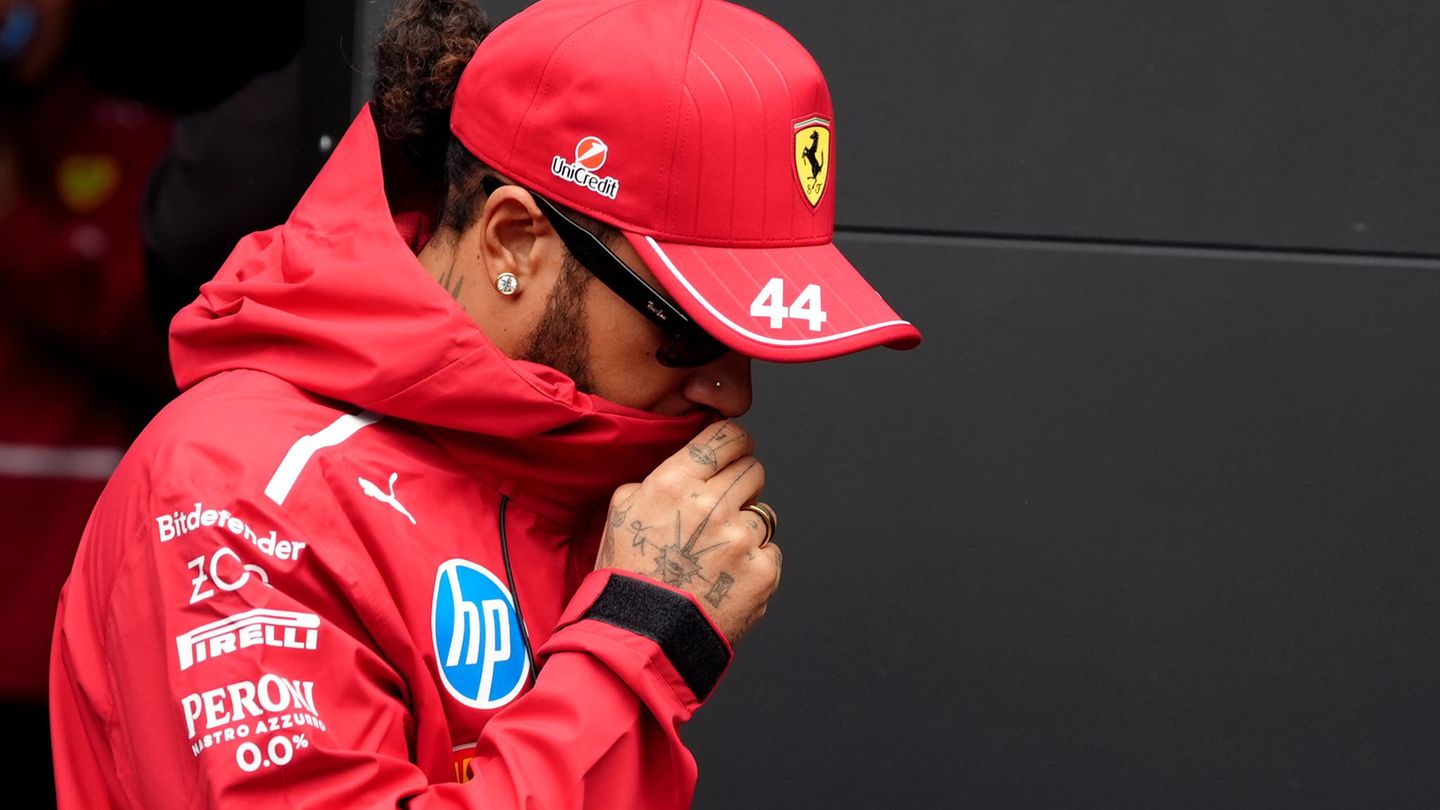At the meeting on Epiphany, the current situation is to be discussed and the effectiveness of the previous measures evaluated, as the panel of experts announced on Sunday by broadcast. A press conference will then be held about the results of the deliberations. Over the holidays, the federal government sent the “Gecko” several sets of questions about the further management of the pandemic. At the moment – also in several sub-groups – they are constantly being worked on to answer them. The focus is on the Omikron variant and its effects. The next full meeting of the expert group (not open to the media) will take place on Tuesday.
Corona situation “still serious”
In the opinion of the committee, the corona situation in Austria is “still serious”. All efforts should be aimed at keeping the number of cases as low as possible. With the strict package of measures currently in force – including mandatory FFP2 masks, lockdown for unvaccinated people – the incidences in the country would only rise “moderately” for the time being. From the experts’ point of view, this is also necessary in order to gain time, “since very rapid changes are to be expected due to the virus variant Omikron”.
“Much too slow again”
In the run-up to the summit, there is criticism from experts and the opposition. Molecular biologist criticized this Ulrich Ellingthat the policy at Omikron is reacting “too slowly again”. “With the dynamism that Omikron is developing, we have to brake more than ever before it is too late.” Despite the new Gecko Commission, the procedure in the pandemic is not transparent: “I don’t know exactly what’s going on in the Gecko either. For me this is still a backroom debating club,” said Elling in the “courier”.
At Omikron, the waves were steeper and faster, explained Elling. There is, however, the possibility of controlling the situation. According to the expert, the government is not acting fast enough: “The response time is again far too slow.” During the delta wave, “I hope I learned that looking at the intensive care unit is like driving with a look in the rear-view mirror,” recalled Elling. “That is out of the question with Omikron. We cannot take a Christmas break either,” he referred to the situation in the hospitals in London or Denmark.
“Are we braking the shaft now or not?”
“Despite the Gecko Commission, transparent driving through the pandemic looks different to me,” noted the expert. “We are faced with the decision: do we brake the Omikron wave now or do we not slow it down? I fear that we will postpone the decision – possibly with pressure from the economy – until Omikron has made the decision for us.” What happens then is “contamination”, said Elling. “If we let Omikron run through because we are fed up with the pandemic, we will no longer show any consideration for the weak.” This would be a paradigm shift that politics should then also clearly define Elling.
If you let the Omikron variant go through, you will have to set up camp beds in the exhibition center in order to take care of everyone who is sick at the same time Elling. A strategy now has to be defined “before we even crack the 50,000 mark in January”. As for the end of the vacation, the expert noted: “When the children meet at school, Omikron ignites.”
Acute risk of overload
Epidemiologist Gerald Gartlehner also expected in the “press” that Omikron will put a heavy burden on the hospitals: He believes it is entirely possible that the health system will be faced with major challenges during the wave of infections in January and February. “By that I mean the acute danger of overloading the intensive care units.” Because even if Omikron were to cause severe disease less often, the expected high number of infections could lead to a large number of hospital stays.
To maintain the infrastructure, Gartlehner advocates shortening the quarantine for those who have tested positive and their close contacts and granting permission to work if someone is infected but only shows mild symptoms. People who have been vaccinated three times should automatically be downgraded to category two contact persons and thus released from quarantine, even though they meet the criteria for K1 persons. Gartlehner sees the chances for another hard lockdown “higher than against it”. Once again, Gartlehner encouraged people to be vaccinated. Medicines are not the solution. “Practically everyone who is currently completely without immunity will be infected with Omikron.”
SPÖ calls for quick measures
The SPÖ chairman Pamela Rendi-Wagner has previously called for immediate government consultations with the “Gecko” commission in order to decide on measures to prevent a further lockdown. “A new wave is approaching us. After the Christmas holidays, when the schools reopen, we have to reckon with five-digit infection numbers. Nevertheless, the federal government seems to oversleep this wave over the holidays,” she said in a statement quickly calling for uniform measures throughout Austria.
Specifically, the SPÖ boss calls for an immediate switch to home office wherever possible. In addition, a strong offensive with booster vaccinations is necessary for Rendi-Wagner: The third vaccination should be available after three months and as an incentive a 500 euro vaccination bonus introduced in January and mobile vaccination teams of the armed forces deployed. “We have to buy time before the wave comes.” At the same time, the SPÖ chairman – like molecular biologist Ulrich Elling – is calling for more transparency in the “Gecko” consultations. “Gecko meetings and decisions have to be traceable and transparent.”
This interactive graphic is deactivated
Please activate the category Targeting Cookies in your cookie settings to display this element. My cookie settings
Source: Nachrichten




